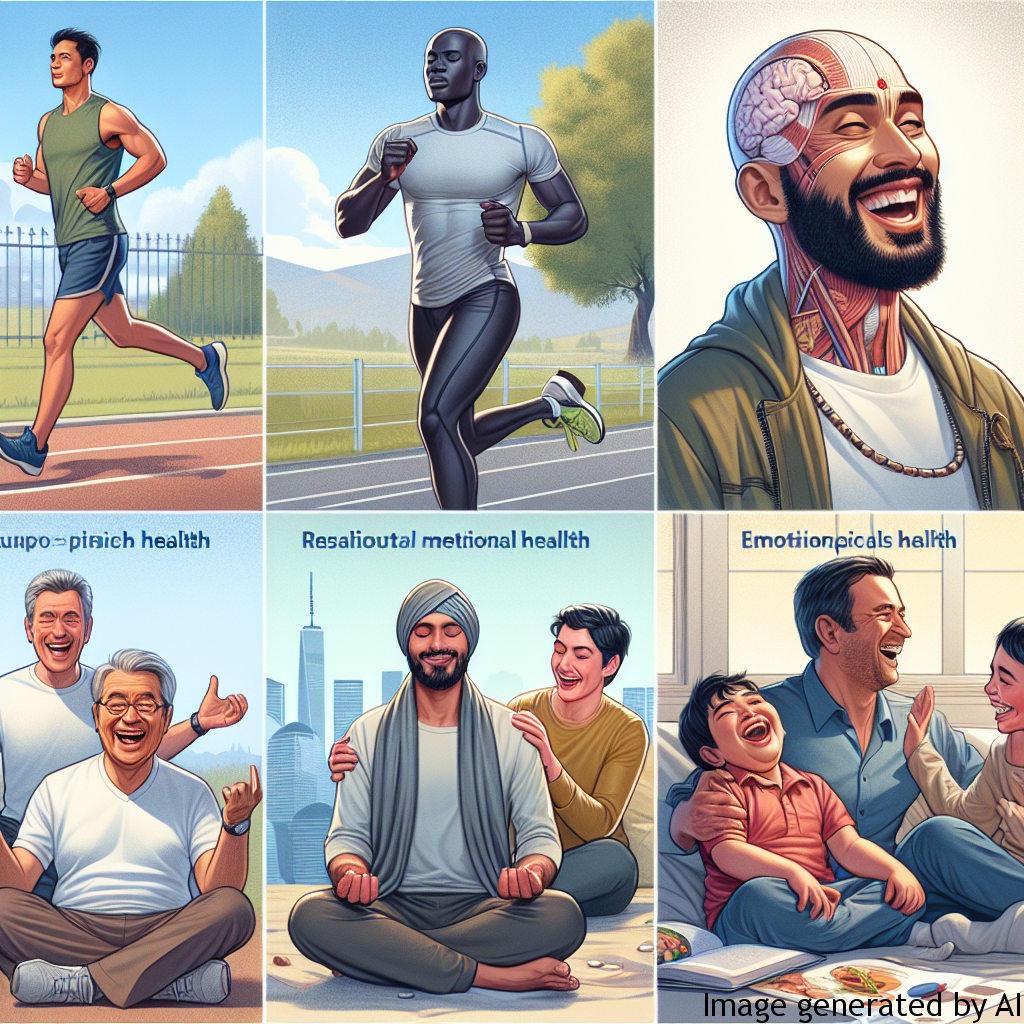Introduction
The concept of gender plays a critical role in the social construction of how men and women should think, speak, dress, and interact within the context of society. It’s a universally accepted notion that defines the roles and responsibilities of men and women, perceived as “masculine” or “feminine”. However, these stereotypes and expectations are often restrictive and have psychological and health implications – especially for men. This article explores gender expectations and their influence on men’s mental health, provides examples of how these roles can affect men’s lives and offers tips to improve mental health in the face of gender roles.
Description of gender expectations and their impact on men’s mental health
What Are Gender Expectations?
Gender expectations are societal norms and standards regarding appropriate behaviors, attitudes, interests, and roles for men and women. Typically, men are expected to be strong, independent, tough, competitive and emotionless. They are discouraged from expressing vulnerability and emotions – other than anger – and from seeking help, which can often exacerbate mental health issues.
Impact on Men’s Mental Health
Gender expectations have a substantial impact on men’s mental health. The social stigma surrounding men’s mental health and the male identity may prevent men from accessing psychiatric care or therapy. They may feel shame, fear of ridicule, or fear of not being masculine or strong enough, and these feelings can contribute to depression, anxiety, stress, and other mental health disorders.
Examples of how gender roles can impact men’s lives
Gender roles can have long-term effects on men’s lives, affecting their relationships, career, and their overall wellbeing. For instance, the hypermasculinity stereotype can impede men’s interpersonal skills, preventing them from effectively expressing their thoughts and emotions. In the workplace, these stereotypes and expectations can contribute to professional stress and dissatisfaction. Ultimately, these norms make it difficult for men to seek help, often leading to them confronting issues such as social isolation, substance abuse, and suicidal tendencies.
Tips for improving mental health in the face of gender roles
Firstly, men should recognize that the traditional notions of masculinity are outdated and often harmful. It’s essential to understand that expressing your emotions isn’t a sign of weakness, but a healthy and normal behavior. Speaking to a mental health professional can be helpful, and joining a support group where issues can be discussed openly can also be beneficial. Taking care of physical health, and making time for relaxation and fun activities can also contribute greatly to improving mental health.
Conclusion
The societal expectations and prescribed gender norms play a significant role in men’s mental health issues. There’s an urgent need for societal and cultural changes to redefine masculinity, allowing men to express their feelings openly. Men should also seek professional help without fear or shame, in the same way they would for a physical health condition.

